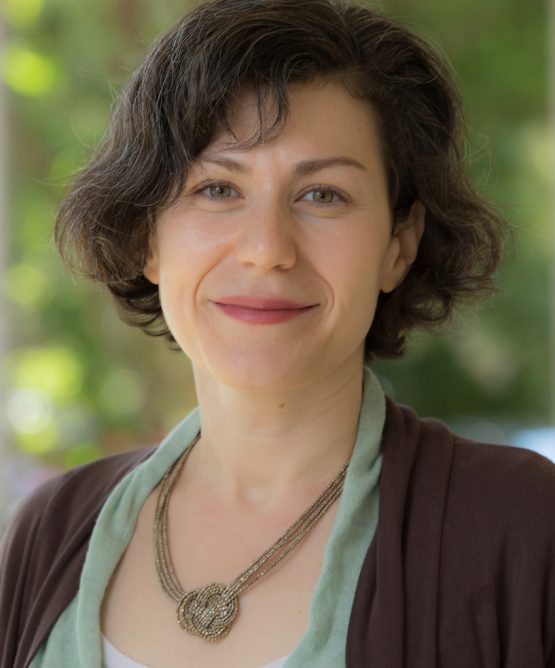Meet the Team

Elaine Allard
Swarthmore College Educational Studies Professor, MTRC Chair and Collaborator
Elaine's works
Education
Ph.D., University of Pennsylvania
M.A. University of Pennsylvania
B.A., Swarthmore College
Emergent bilingual youth—students who speak another language at home but are in the process of learning English at school and elsewhere—are one of the fastest growing and most under-served populations in U.S. schools today. Those arriving in the United States and entering the system at the secondary level face particularly steep challenges as they must learn complex content through a new language in a system ill-equipped to address their needs.My career began as a high-school English as a second language (ESL) teacher in North Philadelphia where my classes were populated with young Latinos from drastically different educational backgrounds. Students with superior private education in their home countries often developed English quickly and breezed through their classwork, while others from half-day rural schools had trouble focusing during our long school days and struggled with the same assignments. Those born in the U.S. and educated in Philadelphia spoke English well but had trouble in my class and others, due to on-going struggles with reading and writing that left them unable to test out of ESL. I quickly found that “teaching and learning English” entailed very different approaches for students with such diverse backgrounds. These teaching experiences and others raised questions about language learning, immigration, and schooling that led me to pursue graduate studies in educational linguistics. Now, through my scholarship and teaching, I aim to illuminate the complexity of newcomers’ experiences so that educators can more effectively meet their language-learning, academic, and affective needs.My ethnographic study of a suburban ESL program focused on latecomers, adolescent immigrant students who arrive well into the school year. Through a year-long study of a beginner ESL cohort, I considered how different facets of students’ backgrounds as well as teachers’ language practices impacted immigrants’ school experiences. Currently, I am examining the personal and community resources of recently arrived immigrant teenagers at an urban ESL program in order to propose curriculum, pedagogy, and language policies that teachers can use to leverage these resources. Close collaboration with a former Swarthmore student, now classroom teacher, guides this work. Our partnership has generated curriculum development for her newcomer class; a conference presentation on teaching newcomers; and a paper on language policies in linguistically diverse classrooms. Her classroom has also served as a site of research and practice-teaching for current Swarthmore students. One student conducted a thesis project about immigrant boys, trauma, and classroom behavior. Another developed a series of lessons on plant biology for an after-school greenhouse club designed for students with agricultural experiences in their home countries. In addition to independent projects like these, I welcome advanced students as assistants on my ongoing research.Like most of the courses in the Department of Educational Studies, my classes offer students multiple opportunities to connect theory and practice through school and community based fieldwork, student- teaching, and research. Students in EDUC 53, Educating Emergent Bilinguals, make weekly visits to ESL, bilingual, and content classrooms in the Philadelphia region, while students in EDUC 56, Teaching English as a Second Language plan and co-teach 5-week thematic units in Philadelphia schools. In 2013, students in the honors seminar, EDUC 153, Latinos and Education conducted asset-oriented research at Olney High School and its surrounding neighborhood. They spent the semester volunteering in classrooms, interviewing staff and families, conducting home visits, and engaging with research and theory in Latino education. Their investigation into how the school’s ESL department could build stronger connections with language minority families culminated in a student-run professional development session for ESL teachers. Teachers told us that it was the best professional development session they’d had that year. In 2016, students in EDUC 65, Educational Research for Social Change: Qualitative Methods learned the nuts and bolts of qualitative research as they conducted a study of preschool choice in West Philadelphia. Using observation, interviews, and surveys, they identified challenges and proposed solutions for a preschool looking to diversify its school community. Their work resulted in a presentation to the school’s parent-board and a research report that continues to be used today.
MTRC Philly | Swarthmore College
2020